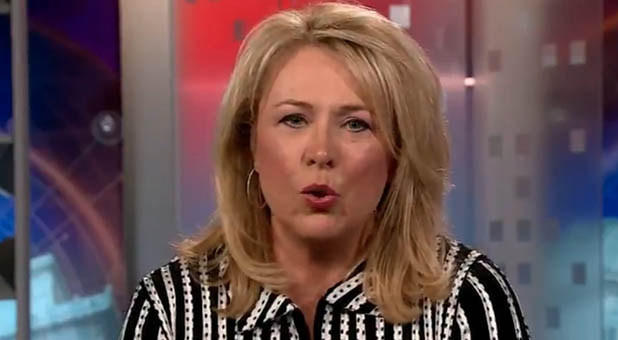Virginia Supreme Court Delivers a Blow to Student Safety
The Virginia Supreme Court issued an opinion Thursday in the case of Lafferty v. Fairfax in which it upheld a lower court decision that allows the Fairfax County (Va.) School Board’s decision to add “sexual orientation,” “gender identity” and “gender expression” to its policy and student handbook.
The lower court dismissed the case brought by Liberty Counsel on behalf of a student, his parents, and Andrea Lafferty, president of the Traditional Values Coalition, a third-party client who sought to have the policy challenged. The court had determined, and the Supreme Court upheld that decision, that:
- the student’s “alleged injury was too speculative because he had not been punished under the policy,”
- his parents do not have next friend standing for the same reasons the student has no standing and
- none of the plaintiffs qualify for taxpayer standing.
Liberty Counsel Founder and Chairman Mat Staver said that after consulting with his clients, he will likely refile the lawsuit due to “new developments that occurred since the original suit.” Also, Virginia follows the “Dillon Rule,” which requires local nondiscrimination laws to not be more stringent than the state law, which does not include “sexual orientation,” “gender identity” or “gender expression.”
“Neither the circuit court nor the Supreme Court reached a decision concerning the merits of this policy, and neither issued any opinion on the ability of the local school board to enact such policies that are plainly inconsistent with state law,” he said in a statement following the release of the supreme court’s decision. “While the Fairfax Country School Board temporarily dodged the issue, new developments in the application of this unlawful policy may result in a new suit. There is no doubt the school board intends to enforce this policy.
“Liberty Counsel is not finished fighting for the safety of Jack Doe and public school students in Fairfax County. We are exploring all possible avenues to further challenge these policies and are confident that we will prevail when the courts reach the merits of these challenges.” {eoa}














































